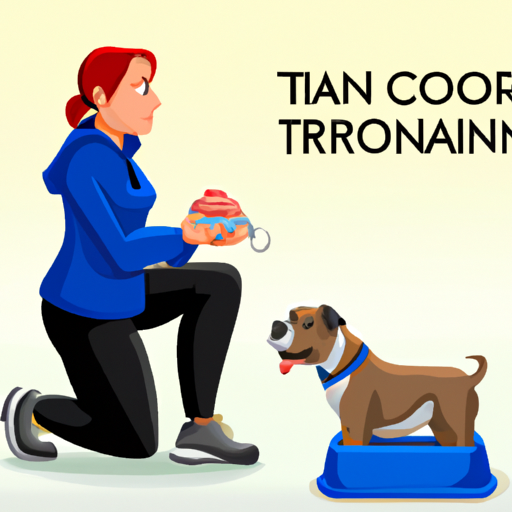As a caregiver, it’s your responsibility to provide a safe and nurturing environment for your pets. In our journey together, we will address an issue that many dog owners encounter: food aggression. We will explore practical training methods to rectify this behavior, drawing from years of experience and research.
1. Understanding Food Aggression in Dogs
Food aggression is a form of resource guarding where a dog becomes overly possessive about their food. This behavior can range from mild to severe, often escalating if not properly addressed.
- Mild: The dog growls and shows teeth but does not snap.
- Moderate: The dog snaps or lunges when approached.
- Severe: The dog bites anyone attempting to come near their food.
2. Identifying the Triggers
Identifying the triggers to your dog’s food aggression is the first step towards correcting it.
- Changes in environment: A new home, new pet, or even a new food dish can cause stress.
- Feeding time: If feeding time is inconsistent, dogs may become anxious and defensive.
- Sharing food: Dogs who are forced to share food may develop aggressive behaviors to protect their resources.
3. Prevention and Training Techniques
Implementing these techniques can help in managing and eventually eliminating food aggression in dogs.
- Feed your dog in a quiet, private place: By reducing environmental stressors, the dog is more likely to eat peacefully.
- Establish a feeding schedule: Consistency can help reduce anxiety around meal times.
- Use distraction techniques: Toys or treats can divert your dog’s attention from their food, helping them become less possessive.
4. When to Seek Professional Help
Sometimes, despite your best efforts, professional help may be needed. If your dog’s aggression escalates or if you feel threatened, it’s important to consult a professional dog trainer or animal behaviorist.
5. Maintaining Progress
Once you start seeing improvements, it’s crucial to maintain the progress. Keep practicing the techniques and stay consistent with your approach. Remember, patience is key when dealing with behavioral issues in dogs.
| Do’s | Don’ts |
|---|---|
| Do be patient and consistent | Don’t punish the dog |
| Do consult a professional if needed | Don’t put yourself in danger |
| Do celebrate small victories | Don’t get discouraged |
Frequently Asked Questions (FAQ)
Q1: Can food aggression be completely cured?
A: Yes, with consistent training and patience, food aggression can be managed and even completely eliminated.
Q2: How long does it take to train a food aggressive dog?
A: The duration varies from dog to dog. It can take weeks to months for noticeable changes.
Q3: Can I train an older dog to not be food aggressive?
A: Yes, while it may take a bit longer, older dogs can still be trained to manage food aggression.
Remember that every dog is unique, and what works for one might not work for another. Stay patient, be consistent, and don’t hesitate to seek professional help when needed.



